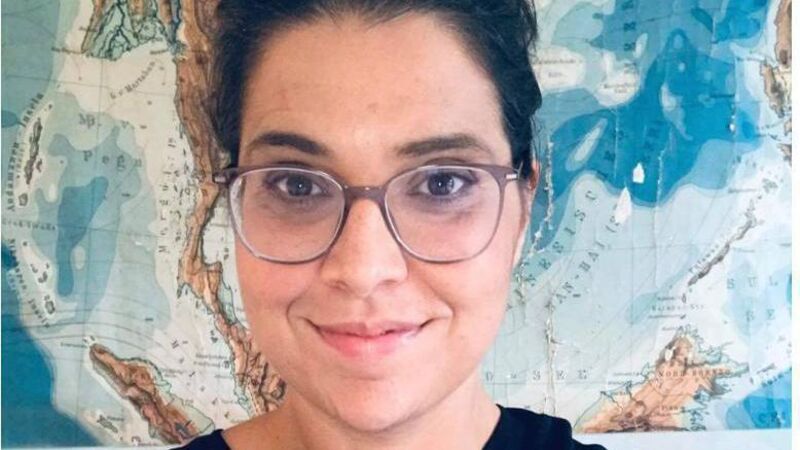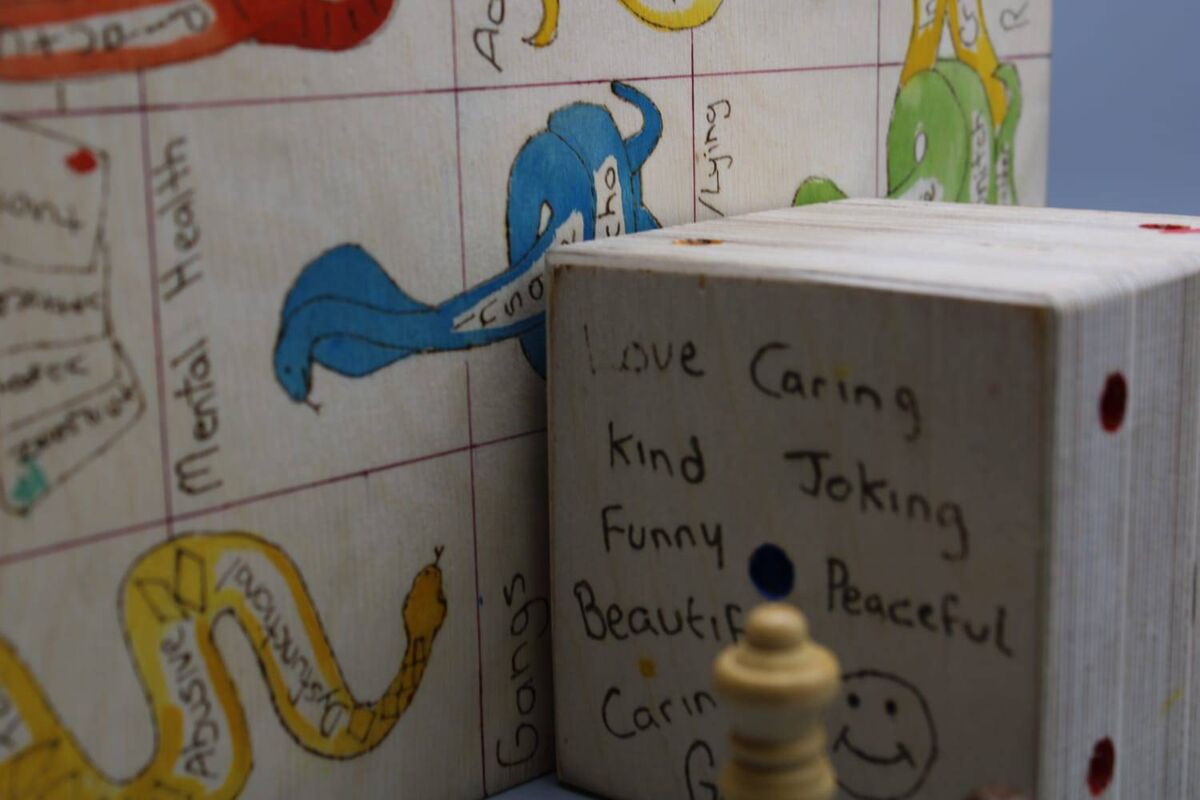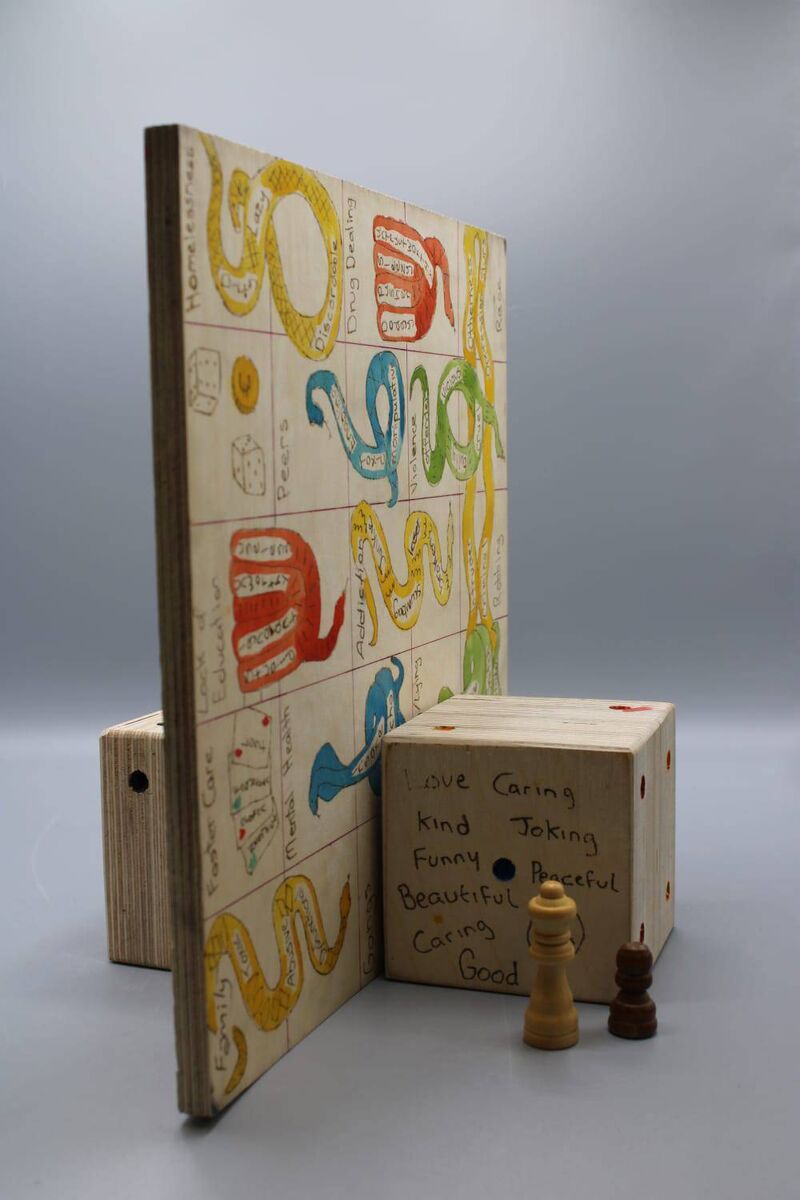Hopes programme linking Cork prison learners and UCC students can be expanded

When Dr Swirak heard about the Inside-Out Programme, which was founded by Lori Pompa of Temple University in Philadelphia, she began a Cork version.

Topics covered include person-first language, labelling and stigma, masculinity and identities, desistance and reintegration into society after prison.

Education is important for rehabilitation.







 App?
App?


